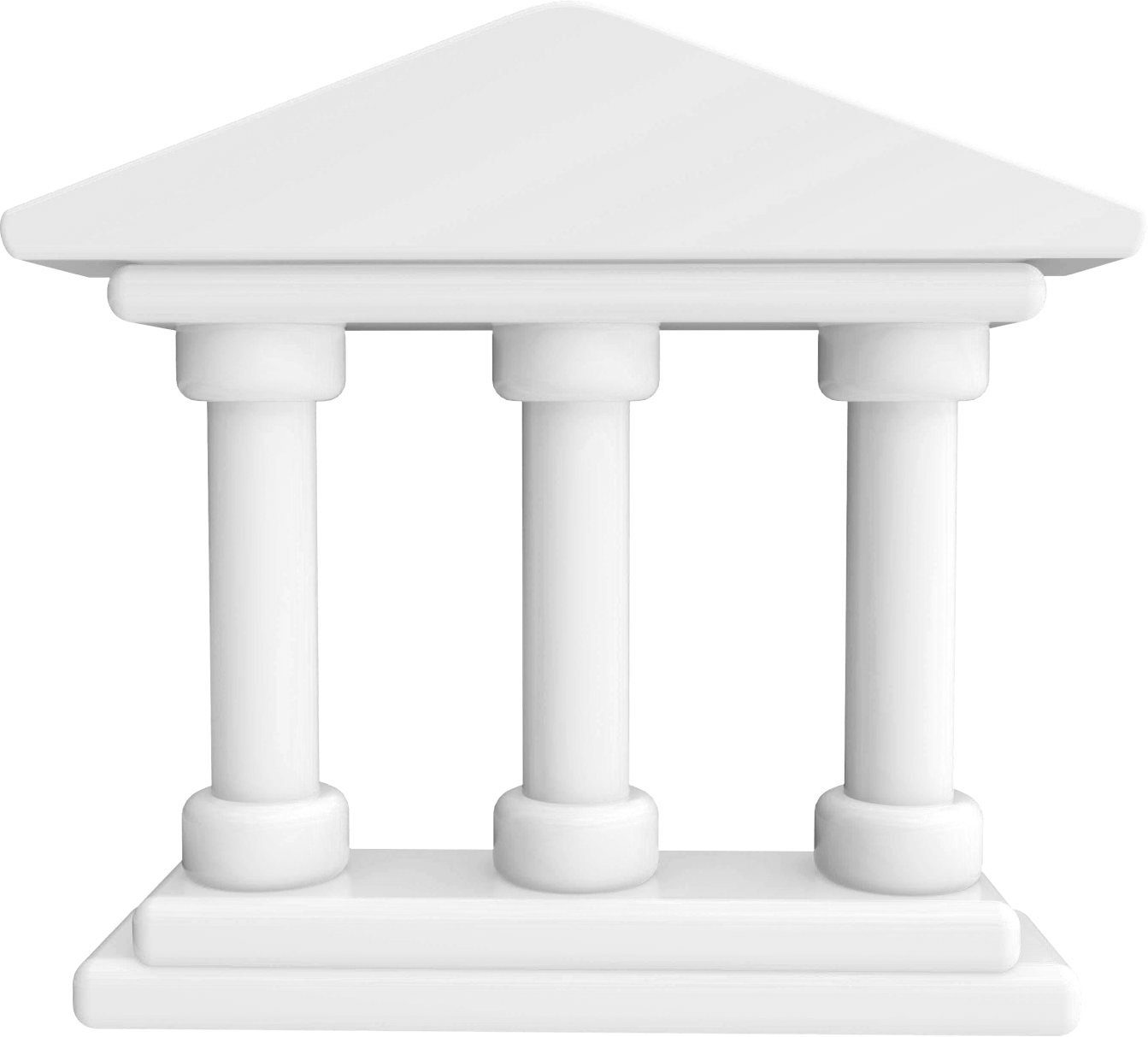AML – General

What is AML (anti-money laundering)?
We see a small historical remark, when we look it up, which states: “money laundering has been addressed in the UN Vienna 1988 Convention Article 3.1 describing Money Laundering as:
“the conversion or transfer of property, knowing that such property is derived from any offense(s), for the purpose of concealing or disguising the illicit origin of the property or of assisting any person who is involved in such offense(s) to evade the legal consequences of his actions”.
Money laundering is transferring illegal money to the legal field – making them easily accessible and ready to use without any trouble and/or consequences.
Usually any money laundering follows a three step routine, although there are specific cases which follow different patterns (you can get more detailed info here https://www.unodc.org/unodc/en/money-laundering/overview.html – the official UN office on drug and crime page).
“the conversion or transfer of property, knowing that such property is derived from any offense(s), for the purpose of concealing or disguising the illicit origin of the property or of assisting any person who is involved in such offense(s) to evade the legal consequences of his actions”.
Money laundering is transferring illegal money to the legal field – making them easily accessible and ready to use without any trouble and/or consequences.
Usually any money laundering follows a three step routine, although there are specific cases which follow different patterns (you can get more detailed info here https://www.unodc.org/unodc/en/money-laundering/overview.html – the official UN office on drug and crime page).


So the steps are:
- Placement
- Layering
- Integration
It is important to know in order to avoid getting drawn into money laundering, and also for thorough understanding of anti-money laundering check (AML check) procedure. We will describe it at further.


So let’s take a closer look at AML itself.
“AML (anti-money laundering) is a universally accepted phrase for fighting and preventing money-related financial crimes. The Anti - Money Laundering (AML) process consists of regulations, laws, and policies for limiting and combating money laundering activities and crimes. Financial Institutions and banks need to follow Anti - Money Laundering regulations.”
AML activities, aim to fight money laundering on different levels by establishing processes, policies and enforcement of anti-money laundering checks, regulations and laws that require businesses to verifyactively monitor the entities with whom they do business with.
Businesses detect such practices as market manipulation, illegal goods trading, tax evasion, bribery, securities fraud and other forms of financial corruption, minimizing the risk of getting accidentally involved into illegal money actions (e.g. money laundering, financial terrorism and etc.d, an so on).
The Anti-Money Laundering (AML) check is an identity assessment to ensure all investors are who they claim to be, and are not investing on behalf of somebody else or otherwise violating the law.
Even though AML check is a legal obligation and is seen as such, they are extremely significant and the consequences of failing the AML check could result in such things as: substantial financial penalties, huge reputation damage or even criminal sanctions, that’s why the regulators encourage proactive approach aimed at compliance with AML legislation to the AML checks.
AML activities, aim to fight money laundering on different levels by establishing processes, policies and enforcement of anti-money laundering checks, regulations and laws that require businesses to verifyactively monitor the entities with whom they do business with.
Businesses detect such practices as market manipulation, illegal goods trading, tax evasion, bribery, securities fraud and other forms of financial corruption, minimizing the risk of getting accidentally involved into illegal money actions (e.g. money laundering, financial terrorism and etc.d, an so on).
The Anti-Money Laundering (AML) check is an identity assessment to ensure all investors are who they claim to be, and are not investing on behalf of somebody else or otherwise violating the law.
Even though AML check is a legal obligation and is seen as such, they are extremely significant and the consequences of failing the AML check could result in such things as: substantial financial penalties, huge reputation damage or even criminal sanctions, that’s why the regulators encourage proactive approach aimed at compliance with AML legislation to the AML checks.
So what is an AML check?
Anti-money laundering (AML) checks are one of the customer due diligence measures required by regulated businesses to comply with the anti-money laundering regulations and prevent financial crime. AML checks can range from basic “know your customer” (KYC) verification to real-time screening, which are designed to identify customers and assess their associated risk.
AML checks are a safeguard to help prevent businesses from becoming directly or indirectly caught up in criminal activity. As to companies that fail their check, the consequences for them are rather difficult and hit different areas, as we already mentioned earlier.
As to Europe – The Commission’s services work closely with the European Supervisory Authorities in the implementation of the AML/CFT rules. The joint committee of the European Supervisory Authorities on AML/CFT issues guidelines and opinions to help national competent authorities to understand the regulatory expectations.
Here https://finance.ec.europa.eu/financial-crime/eu-context-anti-money-laundering-and-countering-financing-terrorism_en#latest-developments – we are offered to take a closer look at EU context of AML and countering the financing of terrorism.
AML checks are a safeguard to help prevent businesses from becoming directly or indirectly caught up in criminal activity. As to companies that fail their check, the consequences for them are rather difficult and hit different areas, as we already mentioned earlier.
As to Europe – The Commission’s services work closely with the European Supervisory Authorities in the implementation of the AML/CFT rules. The joint committee of the European Supervisory Authorities on AML/CFT issues guidelines and opinions to help national competent authorities to understand the regulatory expectations.
Here https://finance.ec.europa.eu/financial-crime/eu-context-anti-money-laundering-and-countering-financing-terrorism_en#latest-developments – we are offered to take a closer look at EU context of AML and countering the financing of terrorism.

























